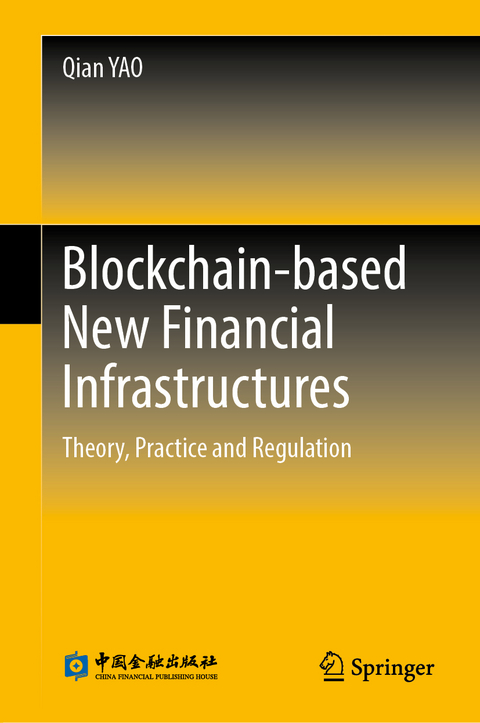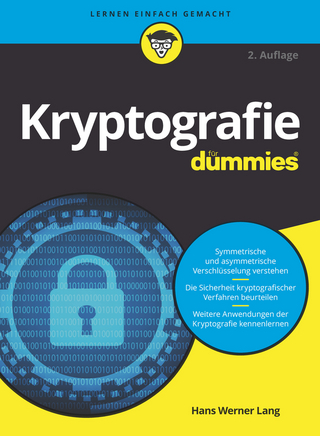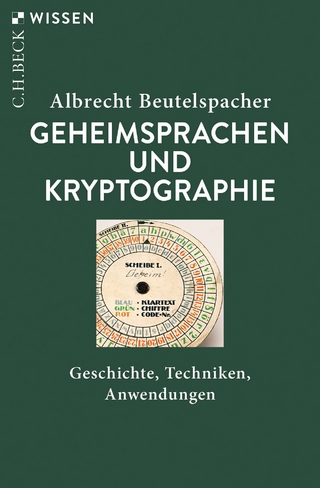
Blockchain-based New Financial Infrastructures
Springer Verlag, Singapore
978-981-19-4842-8 (ISBN)
blockchain-based new FMIs are still subject to compliance, safety and efficiency requirements. This book provides a comprehensive assessment of the applicability of the Principles for Financial Market
Infrastructures (PFMI) to them, in particular, analyzes their legal basis, off-chain governance and system security.
Dr. YAO Qian is Director-General of the Technology Supervision Bureau of the China Securities Regulatory Commission (CSRC). He used to serve as Chief Executive Officer of China Securities Depository and Clearing Corporation Limited (CSDC), Director-General of the Institute of Digital Money of the People’s Bank of China (PBoC), Deputy Director-General of the Technology Department of PBoC, and Deputy Director-General of PBoC Credit Reference Center. He is a senior engineer and a Ph.D. supervisor. He has published around 200 papers and 10 books and holds more than 100 patents. Dr. YAO was awarded first prize for his outstanding contribution in promoting new technology development and application in the financial sector of China, such as digital RMB experimental project. He was also awarded “Coindesk’ most influential in blockchain 2017.”
Envisaged Framework and Key Considerations, Name.- Blockchain-based Cross-border FMIs: In the Scenario of Depository Receipts.- Blockchain-based Exchange-traded Derivatives FMIs: In the Scenarios of Futures and Options.- Blockchain-based Over-the-Counter FMIs.- Blockchain-based OTC Derivatives FMI.
| Erscheinungsdatum | 13.09.2022 |
|---|---|
| Zusatzinfo | 2 Illustrations, color; 84 Illustrations, black and white; XIV, 193 p. 86 illus., 2 illus. in color. |
| Verlagsort | Singapore |
| Sprache | englisch |
| Maße | 155 x 235 mm |
| Themenwelt | Mathematik / Informatik ► Informatik ► Datenbanken |
| Informatik ► Theorie / Studium ► Kryptologie | |
| Sozialwissenschaften ► Politik / Verwaltung ► Staat / Verwaltung | |
| Wirtschaft ► Betriebswirtschaft / Management ► Finanzierung | |
| Wirtschaft ► Volkswirtschaftslehre ► Wirtschaftspolitik | |
| ISBN-10 | 981-19-4842-9 / 9811948429 |
| ISBN-13 | 978-981-19-4842-8 / 9789811948428 |
| Zustand | Neuware |
| Haben Sie eine Frage zum Produkt? |
aus dem Bereich


